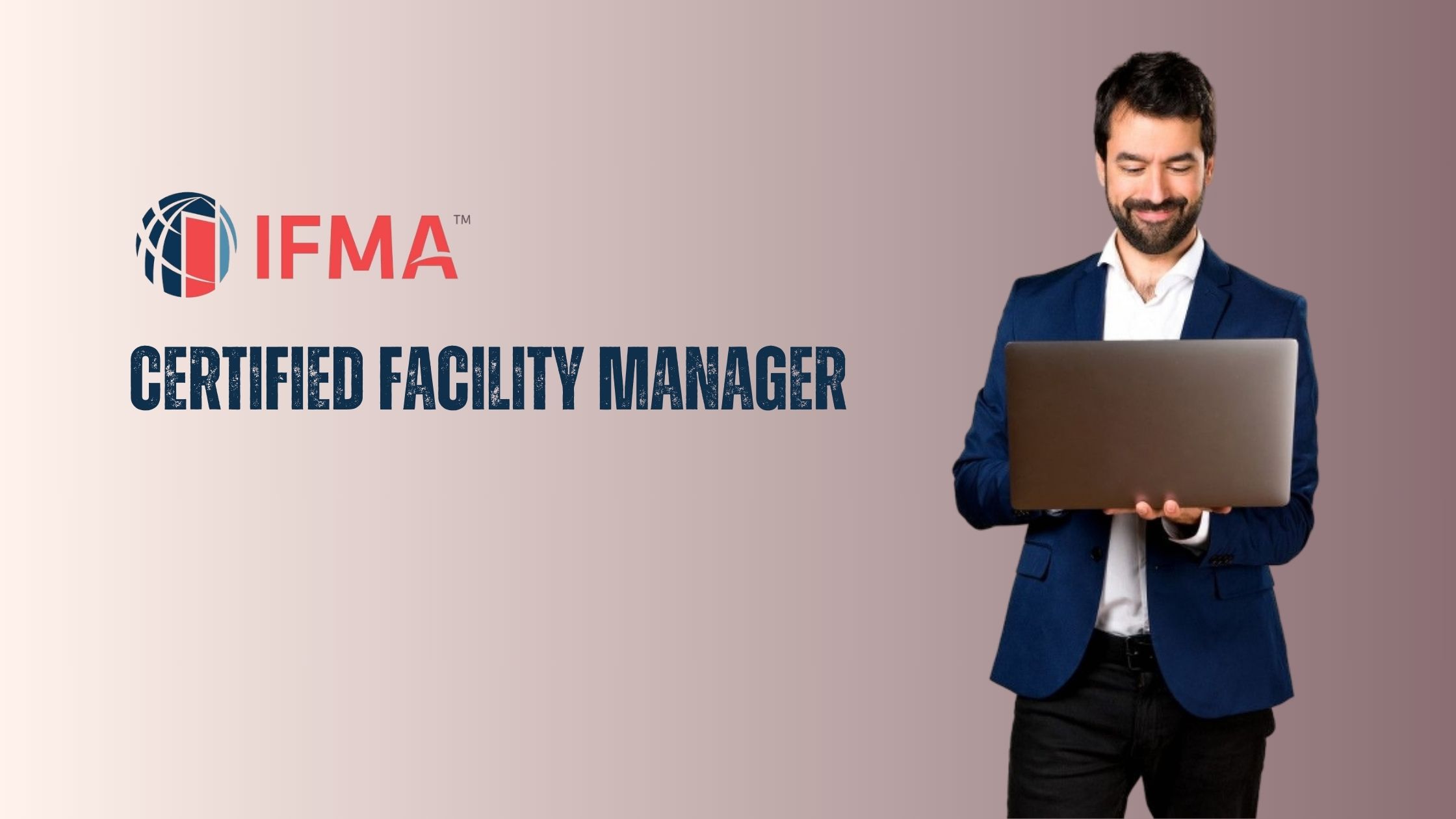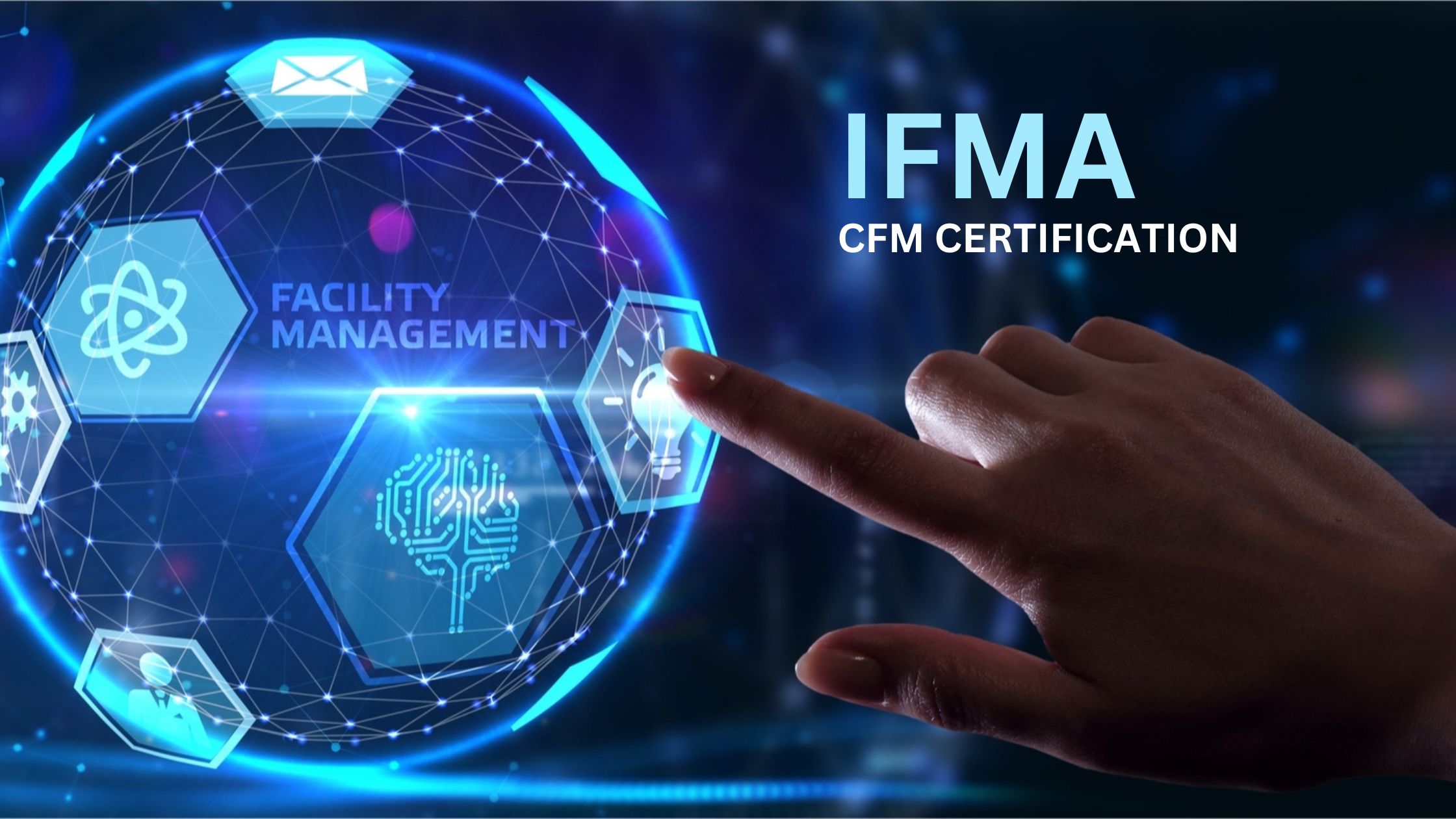Earning the Certified Facility Manager (CFM) certification enhances your expertise in facility management, boosting your career prospects. This globally recognized credential validates your skills in operations, maintenance, finance, and leadership. With a CFM certification, you demonstrate proficiency in managing complex facilities efficiently. Whether you're an experienced professional or looking to advance, this certification opens doors to new opportunities and industry recognition. Start your journey toward becoming a certified facility manager today!
In today’s competitive job market, obtaining professional certifications can make a significant difference in career advancement. One such valuable credential is the IFMA CFM certification. Whether you’re an aspiring facility manager or a seasoned professional looking to upskill, this certification helps you stand out in the facility management industry. The Certified Facility Manager (CFM) designation validates expertise in operations, risk management, and strategic decision-making. It is a globally recognized credential that enhances career prospects and opens new opportunities in facility management.
Understanding IFMA CFM Certification
- Global Recognition: This certification is recognized worldwide, increasing job prospects. It helps professionals gain a competitive edge in the facility management sector.
- Skill Validation: IFMA CFM validates expertise in facility operations and risk management. It ensures professionals have in-depth knowledge of strategic decision-making.
- Issuing Body: The certification is granted by the International Facility Management Association (IFMA). IFMA is a globally respected organization in facility management.
Key Benefits of IFMA CFM Certification
- Career Growth: It opens doors to managerial and leadership positions. Many top employers prefer certified professionals for key facility management roles.
- Higher Salary: Certified professionals earn more than non-certified peers. This certification can significantly boost long-term earning potential.
- Global Acceptance: Recognized internationally, it provides better job opportunities. Professionals can explore careers in multinational organizations.
- Enhanced Expertise: Covers essential topics like maintenance, asset management, and sustainability. It strengthens knowledge in strategic facility planning and execution.
Eligibility and Exam Structure
- Educational Requirement: A degree in facility management, business, or engineering is preferred. Candidates must meet the academic criteria set by IFMA.
- Work Experience: Prior facility management experience is necessary. Professionals need relevant industry exposure to qualify for certification.
- Membership: Candidates must join IFMA to take the exam. Membership offers additional resources and networking benefits.
- Exam Coverage: The exam includes operations, maintenance, risk management, and sustainability. It tests candidates on key facility management concepts.
- Assessment Format: The test consists of multiple-choice and scenario-based questions. Candidates must demonstrate practical facility management problem-solving skills.
How to Prepare for the IFMA CFM Certification Exam
- Study Materials: Use official guides and recommended books. Trusted resources improve understanding of exam topics effectively.
- Online Courses: Enroll in structured courses for guided preparation. Online platforms offer interactive lessons and expert insights.
- Practice Tests: Taking mock exams helps in identifying weak areas. Regular practice enhances confidence and time management skills.
- Study Groups: Joining study groups allows for knowledge exchange. Group discussions can clarify doubts and reinforce learning.
- Time Management: Following a study schedule ensures systematic preparation. Allocating daily study hours boosts retention and progress.
- Weak Areas Focus: Spend extra time on difficult subjects to improve. Strengthening weak concepts increases the chances of passing.
- Practical Application: Applying knowledge in real facility management scenarios is crucial. Hands-on experience enhances problem-solving and analysis skills.
Career Opportunities with IFMA CFM Certification
- Facility Manager: Oversees building operations and maintenance. Ensures efficiency in facility services and cost management.
- Operations Manager: Manages daily facility functions and logistics. Works on optimizing workflows and reducing operational costs.
- Sustainability Manager: Focuses on implementing energy-efficient and green initiatives. Ensures compliance with environmental regulations.
- Real Estate and Property Manager: Manages property leasing, space planning, and maintenance. Ensures facilities meet business and safety requirements.
Salary Potential and Industry Demand
- Entry-Level Salary: Typically ranges between $70,000 and $90,000 annually. Fresh graduates and early professionals can expect this range.
- Mid-Career Salary: Salaries range between $100,000 and $130,000 per year. Professionals with experience see higher pay scales.
- Senior-Level Salary: Facility directors and executives earn over $150,000 per year. Leadership roles offer substantial compensation and benefits.
- Growing Demand: Facility managers are needed across industries. Real estate, healthcare, corporate offices, and government sectors seek certified experts.
Challenges of Earning an IFMA CFM Certification
- Time Commitment: Preparing for the exam requires long study hours. Candidates must balance their schedule between work and study.
- Exam Difficulty: The test covers complex facility management concepts. Mastering all topics requires deep understanding and preparation.
- Cost Factor: Certification expenses include exam fees and study materials. Additional training courses may increase overall costs.
- Ongoing Education: Maintaining certification requires continuous learning. Professionals must stay updated with industry changes and trends.
Tips for Success After Earning IFMA CFM Certification
- Networking: Connect with facility management professionals and industry leaders. Expanding contacts can lead to better career opportunities.
- Continuous Learning: Keep up with facility regulations and sustainability trends. Staying informed ensures long-term career growth and relevance.
- Practical Experience: Apply theoretical knowledge to real facility management scenarios. Hands-on practice enhances problem-solving and expertise.
- Professional Development: Seek leadership roles and additional certifications. Continuous skill-building improves career prospects.
Conclusion
Earning an IFMA CFM certification is a strategic step toward career advancement, offering professionals a competitive edge in the facility management industry. It enhances expertise, boosts salary potential, and provides global recognition, making it a valuable credential for aspiring and experienced facility managers alike. The certification validates critical management skills, strengthens credibility, and opens doors to leadership roles in various industries.


